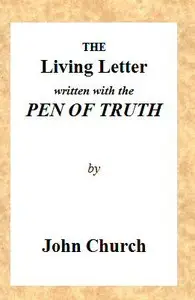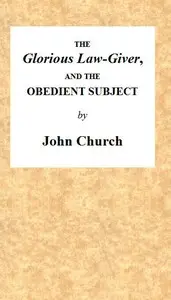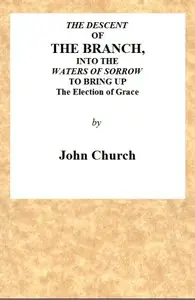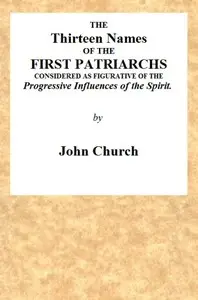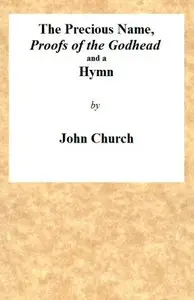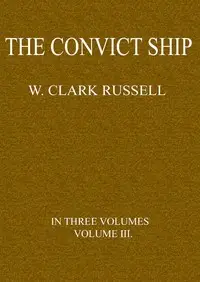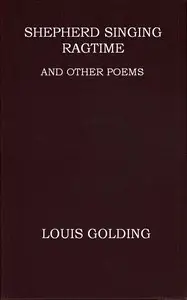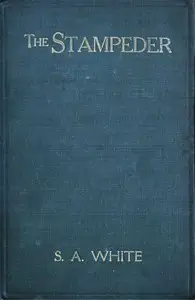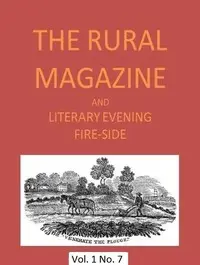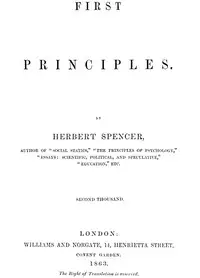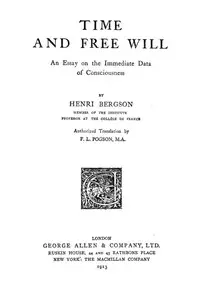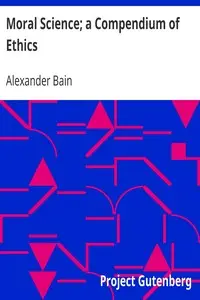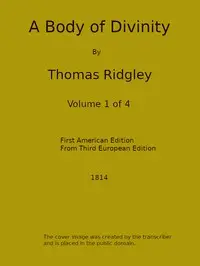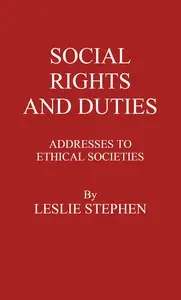"Christ the True Melchisedec" by J. Church is a theological discourse written in the early 19th century. This book is essentially a sermon that delves into the relationship between Jesus Christ and the biblical figure Melchisedec, portraying Christ as the ultimate priest and mediator. It highlights the significance of Melchisedec as a divine figure rather than a mere historical character, underscoring Christ's eternal priesthood and the profound nature of his role in salvation. In the sermon, the author argues that Melchisedec represents more than just a type or shadow of Christ; he posits that Melchisedec was, in fact, a pre-incarnation appearance of Jesus himself. Church meticulously examines biblical texts, particularly focusing on the interactions between Melchisedec and Abraham, to establish that Melchisedec was a king and priest who blessed Abraham after his victory in battle. The work emphasizes key themes such as the eternal nature of Christ’s priesthood, the power of his intercession, and the blessings that believers receive through their faith in him. Through detailed theological exploration, the sermon aims to deepen the understanding of Christ’s unique authority as the true Melchisedec, encouraging believers to recognize and embrace the rich, spiritual implications of this relationship. (This is an automatically generated summary.)

Christ the True Melchisedec Being the substance of a sermon, preached on Sunday evening, July 24th, 1813, at the Obelisk Chapel
By J. (John) Church
"Christ the True Melchisedec" by J. Church is a theological discourse written in the early 19th century. This book is essentially a sermon that delves...
Genres
Released
2019-01-03
Formats
mobi
epub (images)
epub
mobi (images)
epub3 (images)
Free Download
Overview
About the Author
John Church was an Independent minister who was most famous for his involvement in the homosexual scandal of the Vere Street Coterie. He is claimed by some as the first openly ‘gay’ ordained Christian minister in England. Contemporary rumours about this are unproveable one way or the other, though circumstantial evidence may suggest that his "inordinate affections which led me into error" could be referring to homosexuality.
Total Reviews
10.0k
Total reviews from Goodreads may change

